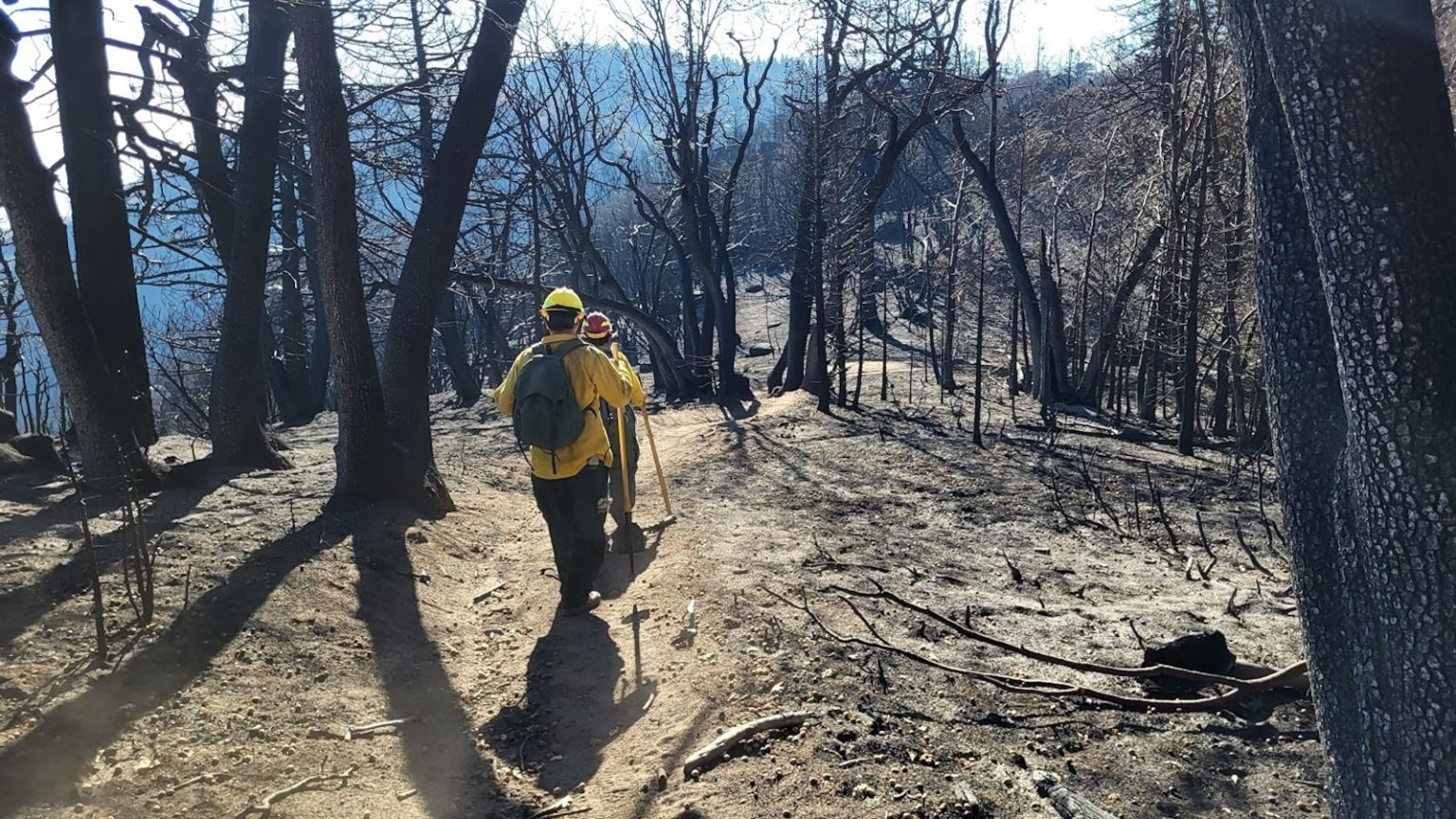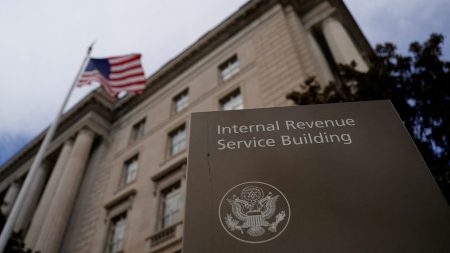A Life of Service Cut Short: The Story of Lanny Flaherty and the U.S. Forest Service
Lanny Flaherty’s journey with the U.S. Forest Service began in 2010 when, as an unemployed marine biologist, he walked into a ranger’s station in Oregon and asked to volunteer. Over the next 13 years, he built a remarkable career, serving as a botanist, wildfire resource adviser, range ecologist, and certified firefighter. Flaherty’s work took him across the country, from battling the Great Smoky Mountain wildfires in 2016 to fighting the devastating Dixie Fire in Northern California in 2021. His passion for his work was evident in every role he undertook. “Stumbling into the Forest Service was the first time in my life where I was like, ‘Oh, this fits. I’m running with it. This is me,’" he shared. Yet, in 2025, his career came to an abrupt end when he was among thousands of probationary employees terminated under the Trump administration’s workforce reduction initiative, led by Elon Musk and the Department of Government Efficiency (DOGE).
Enter the Trump Administration: A New Era of Federal Workforce Reductions
The Trump administration’s sweeping cuts to the federal workforce, overseen by Musk and DOGE, resulted in the termination of approximately 2,000 probationary, non-firefighting employees from the U.S. Forest Service and another 1,000 from the National Park Service. USDA Secretary Brooke Rollins defended the layoffs, stating that the cuts were necessary to eliminate inefficiencies and improve government services. However, critics argue that these reductions were politically motivated and illegal, targeting employees who had proven their value to the agency. Flaherty, whose probationary period was set to end in November 2025, described the termination as “heartbreaking” and “callous.” He emphasized that he and others like him were not just bureaucrats but dedicated public servants who played critical roles in wildfire response and environmental conservation.
The Human Cost: Stories of Dedicated Employees
The layoffs affected not only Flaherty but also many other skilled and passionate employees who had devoted their careers to protecting America’s natural resources. Eric Anderson, a 48-year-old biological science technician and firefighter, was among those terminated. Anderson had worked tirelessly for years, starting as a seasonal employee before landing his “dream job” as a lead fire effects monitor at Indiana Dunes National Park. Despite his excellent performance reviews and critical contributions to wildfire management, he was fired via email, with no severance or explanation. Anderson described the experience as “a slap in the face” and a betrayal of the trust he had placed in the federal government.
Other terminated employees included ecologists, mechanics, pilots, and support staff who were essential to the U.S. Forest Service’s operations. Many had recently fought some of the most devastating wildfires in U.S. history, only to be let go weeks later. Steve Gutierrez, a former U.S. Forest Service firefighter and national business representative for the National Federation of Federal Employees (NFFE), called the layoffs “utterly disrespectful” and warned of the dire consequences for wildfire management. “These fires are going to get exponentially bigger,” he said. “Communities are going to burn, and people are going to die.”
The Ripple Effects: Weakened Wildfire Response and National Security
The firings have already begun to undermine the U.S. Forest Service’s ability to respond to wildfires. Flaherty and other terminated employees were part of a “logistical machine” that supported wildfire efforts before, during, and after fires. They conducted fuels management, rehabilitated burned lands, and provided critical expertise during emergencies. With their roles now unfilled, the agency’s capacity to prevent and contain wildfires has been severely diminished. Gutierrez pointed out that the hiring freeze has further exacerbated the problem, halting essential work like clearing fire hazards from federal lands. “If we’re not able to get that process moving immediately, fires are not going to just be small,” he warned. The consequences of these cuts will not be limited to Western states; the entire nation is at risk as wildfires become more frequent and destructive.
A Government in Flux: Reactions and Resistance
The Trump administration’s decision to reverse the hiring freeze for seasonal National Park Service employees offers little consolation to those who lost their jobs. While the reversal allows the agency to fill 7,700 roles ahead of the summer season, it does nothing to address the termination of probationary employees. Bill Wade, executive director of the Association of National Park Rangers, warned that the combination of layoffs and delayed hiring could impact visitor experiences at popular parks. Meanwhile, the NFFE and other unions continue to advocate for the reinstatement of terminated employees, arguing that their dismissals were unlawful and shortsighted. Flaherty, Anderson, and others remain hopeful that they will one day return to their roles, but for now, they are left to grapple with the uncertainty and injustice of their situation.
Looking Ahead: A Legacy of Service and a Call to Action
Lanny Flaherty’s story is a testament to the dedication of federal employees who work tirelessly to protect America’s natural heritage. Yet, it also highlights the fragility of their careers under a government increasingly driven by political agendas. As the nation faces growing threats from wildfires and environmental degradation, the loss of experienced personnel like Flaherty and Anderson couldn’t come at a worse time. Their stories serve as a reminder of the human cost of bureaucratic decisions and a call to action for those who value the sacrifice and service of public employees. “I very much want to go back and work for the place that I was just fired from,” Anderson said. “I live what I do. These are all very qualified, excellent people doing good work that needs to be done.” Their journey is far from over, and the fate of America’s wildlands hangs in the balance.















